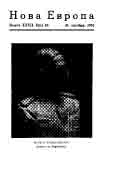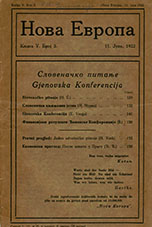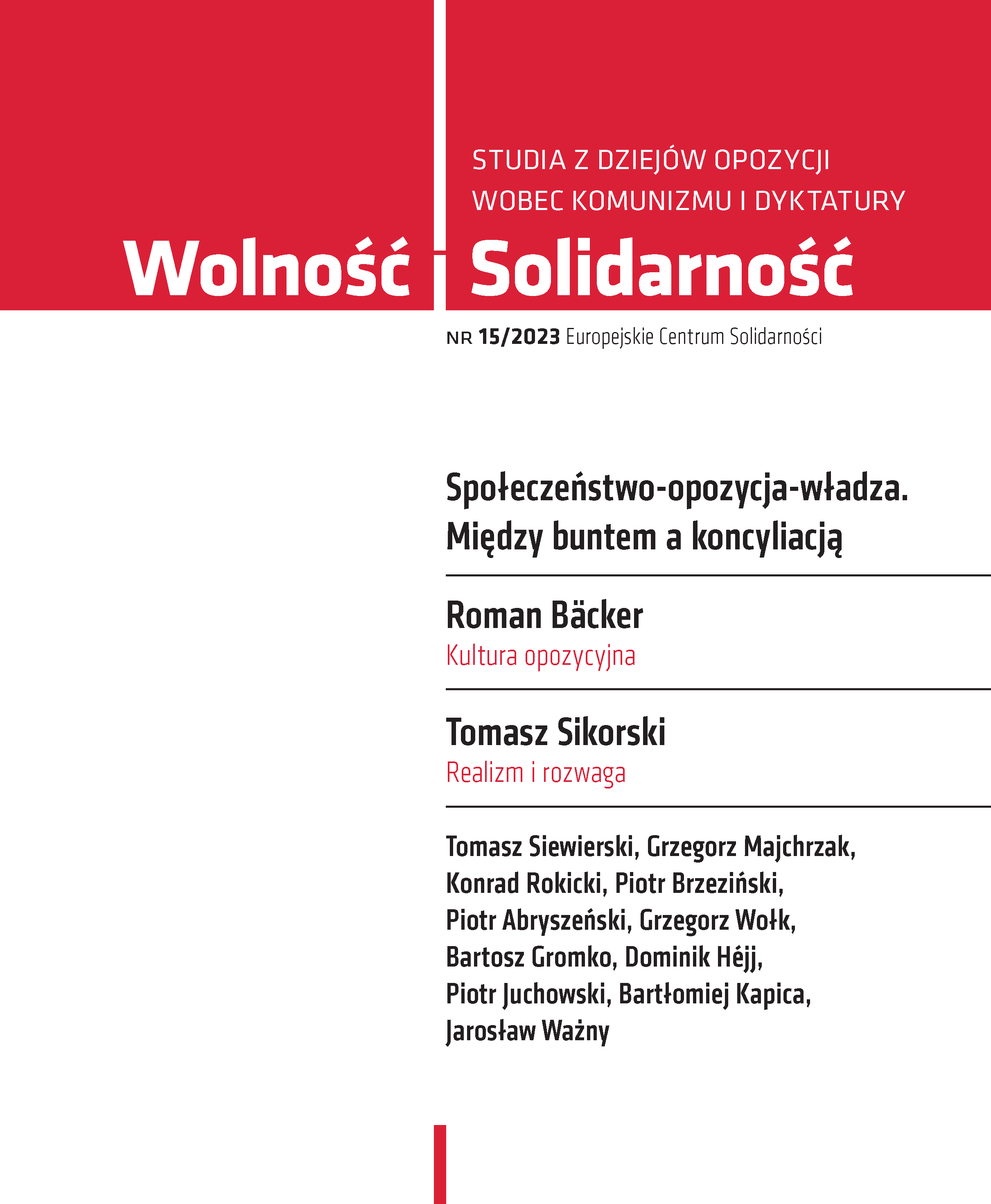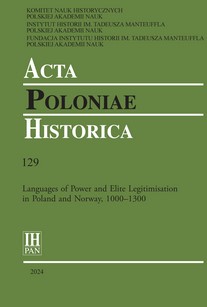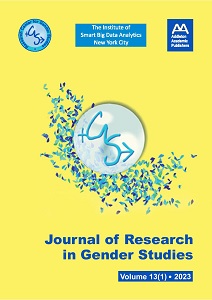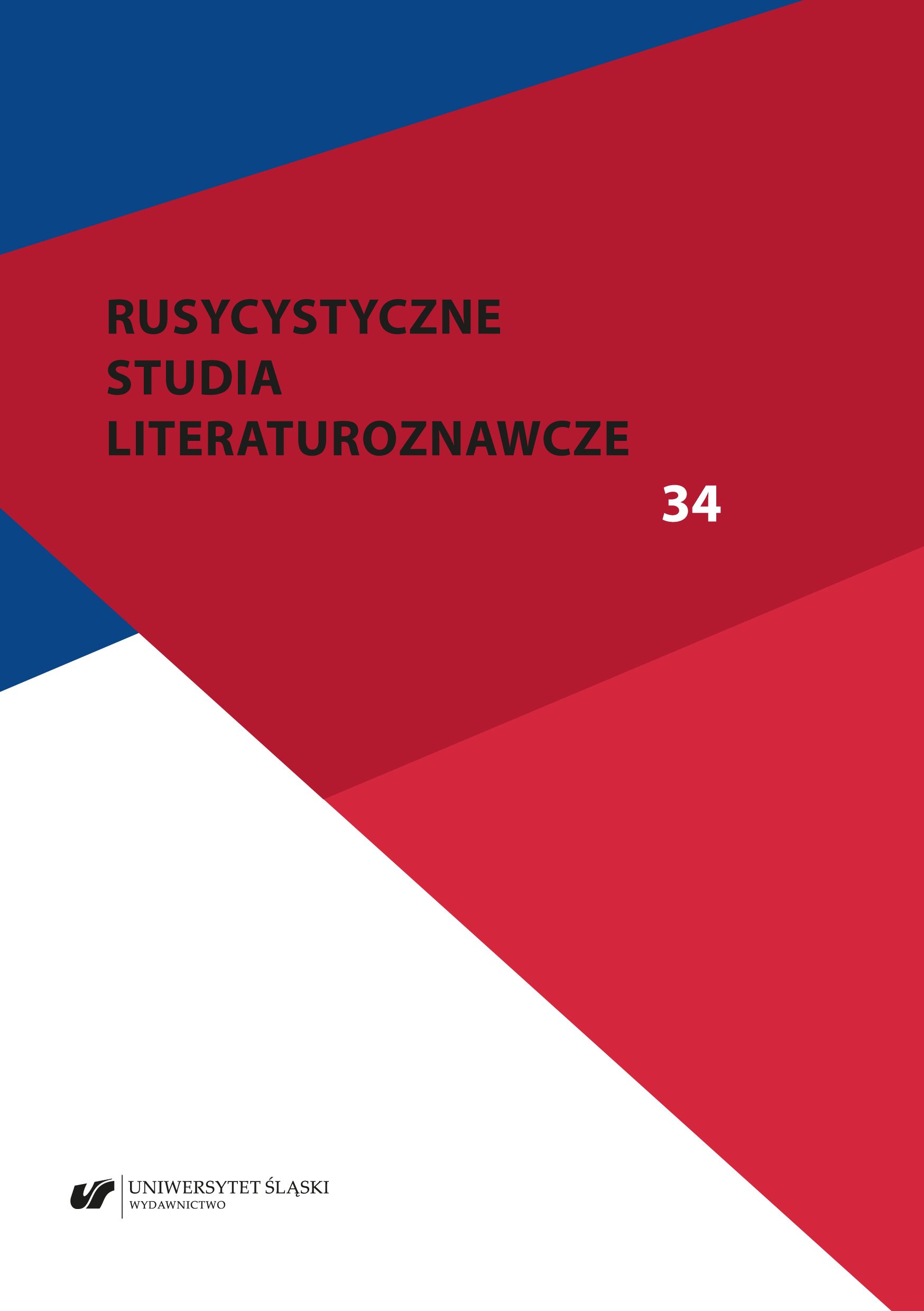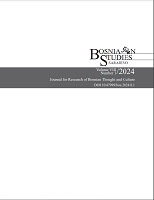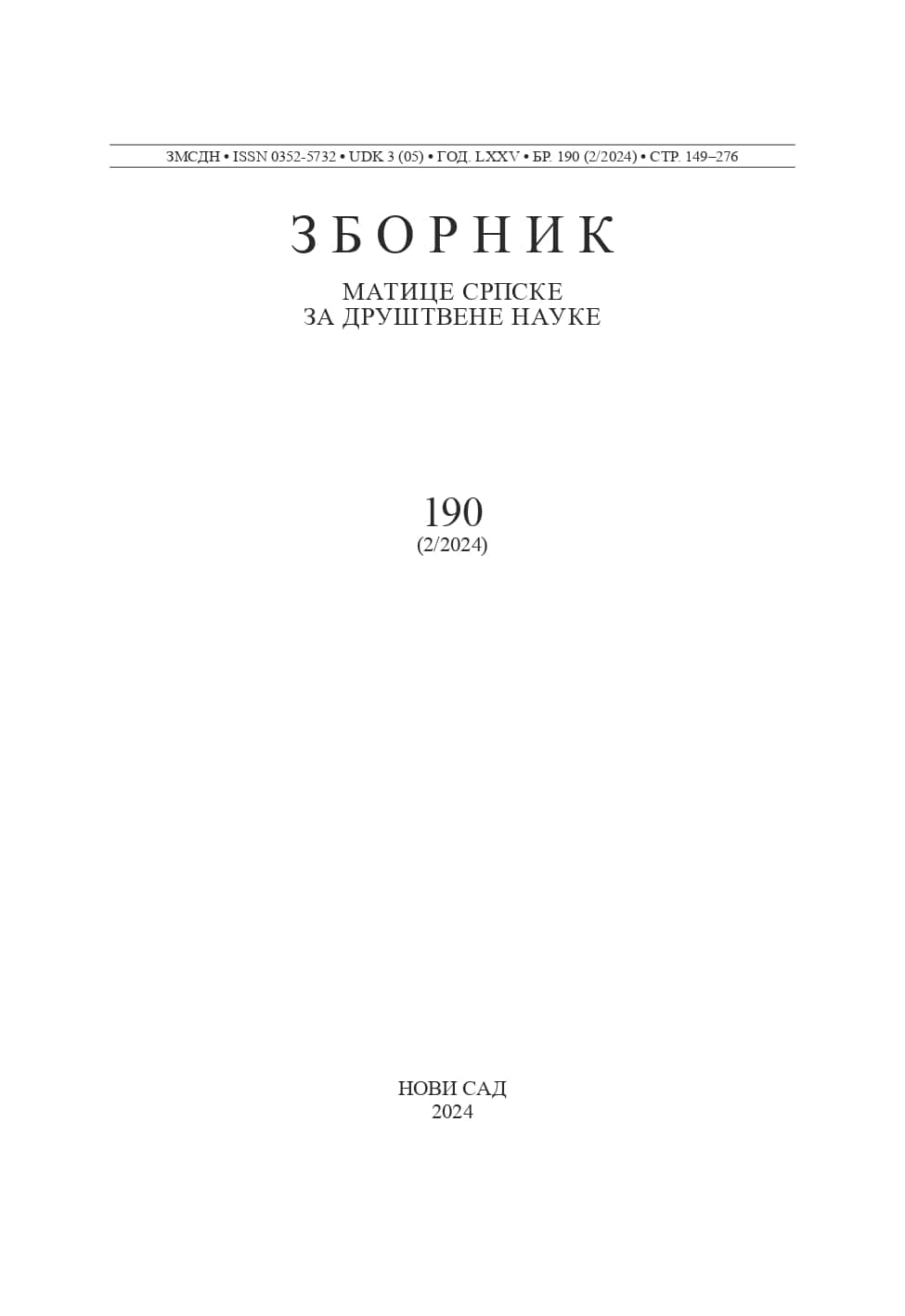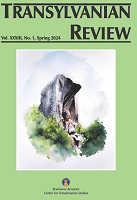Author(s): Oleksandr Pestrykov,Tomasz Hen-Konarski,Sylwia Kuźma-Markowska,Anna Landau-Czajka / Language(s): English
Issue: 129/2024
Review of:
Przemysław Gawron - Monarchie und Diplomatie. Handlungsoptionen und Netzwerke am Hof Sigismunds III. Wasa, ed. Oliver Hegedüs and Kolja Lichy, Pader-born, 2023, Brill-Schöningh, Series: FOKUS, vol. 13, 375 pp.
Oleksandr Pestrykov - Andrii Portnov, Dnipro: An Entangled History of a European City, Boston 2022, Academic Studies Press, 376 pp., 63 ills
Tomasz Hen-Konarski - Fabian Baumann, Dynasty Divided: A Family History of Russian and Ukrainian Nationalism, Ithaca, NY, 2023, Cornell University Press, 348 pp.
Sylwia Kuźma-Markowska - Adam Walaszek, Polish American History before 1939: Polish- -American History from 1854 to 2004, vol. 1, translated by Urszula Tempska, New York, 2024, Routledge, 449 pp., bibliography, index
Anna Landau-Czajka - Joanna Degler, Agnieszka Jagodzińska, Marcin Wodziński, Literatura autobiograficzna Żydów polskich: tradycja, nowoczesność, płeć [Autobiographies of Polish Jews: Tradition, Modernity, Gender], Wrocław, 2024, Wydawnictwo Uniwersytetu Wrocławskiego, 206 pp. (Bibliotheca Judaica, 12)
More...
